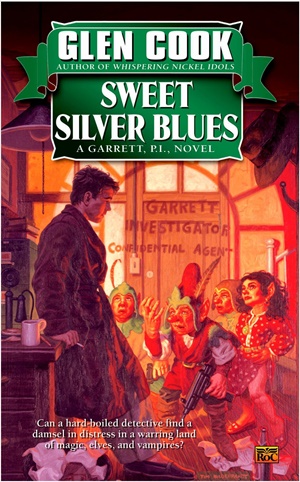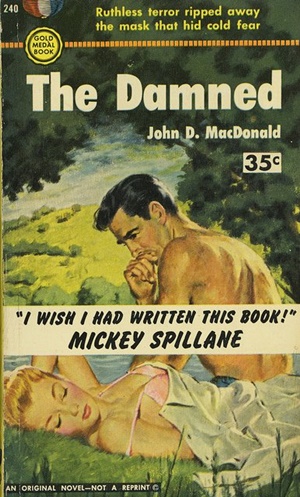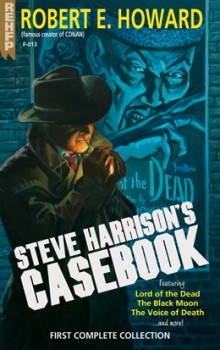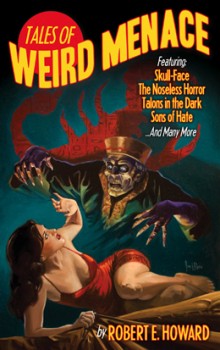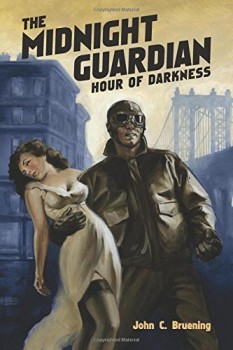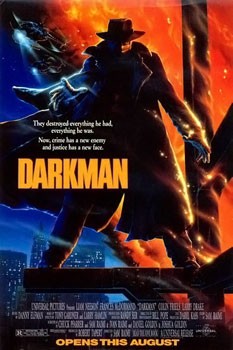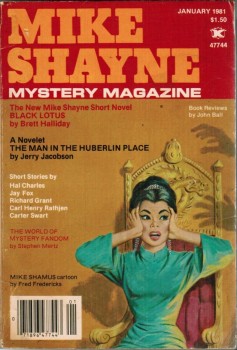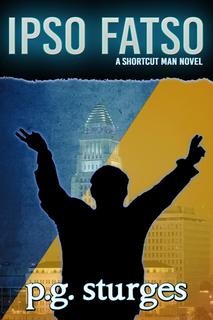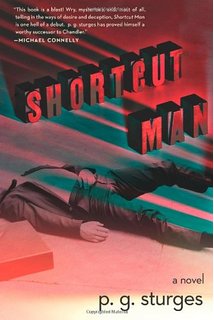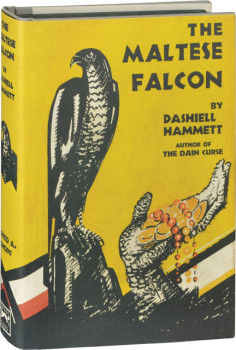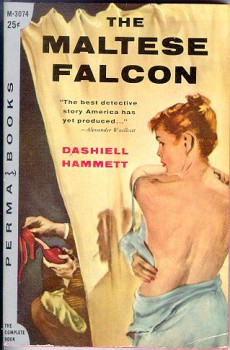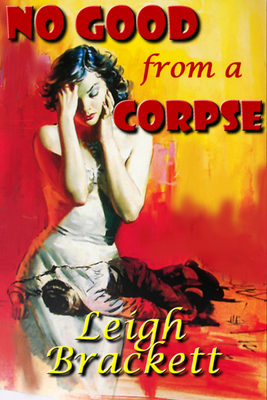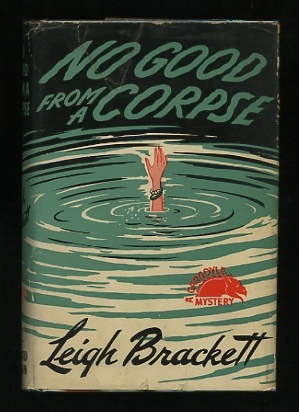A (Black) Gat in the Hand: It’s a Hardboiled May on TCM
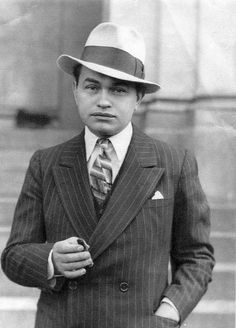 So, Edward G. Robinson is the May Star of the Month on TCM. Every Thursday there is a batch of Robinson movies, as well as some other movies featuring hardboiled stars, like Humphrey Bogart. Things kicked off May 7th with eight Robinson flicks, including two excellent Bogie movies, Key Largo, and Bullets or Ballots. But the past is prologue.
So, Edward G. Robinson is the May Star of the Month on TCM. Every Thursday there is a batch of Robinson movies, as well as some other movies featuring hardboiled stars, like Humphrey Bogart. Things kicked off May 7th with eight Robinson flicks, including two excellent Bogie movies, Key Largo, and Bullets or Ballots. But the past is prologue.
Let’s take a look at some of the films coming up this month, all EST. A note: any movie shown on TCM, which they don’t sell the DVD for, can be viewed on WatchTCM for a week after it airs. So, for example, Bullets or Ballots can be seen right now, but Key Largo can’t.
May 14th
8:15 AM – All Through the Night
This is one of my Top Ten Bogart films – might even be Top Five. Bogart is Gloves Donahue, a NYC gangster. It opened up in January of 1942, in the early stages of the war. Hollywood was shifting from making gangster movies to war films, and this is both! Conrad Veidt (Major Strasser in Casablanca) leads a Nazi spy ring that runs afoul of Bogart’s gang. It’s a comedy-gangster-spy movie, and I think it’s a great watch. There’s a superb supporting cast, including Peter Lorre, William Demarest, Frank McHugh, Jackie Gleason, Phil Silvers, and Barton MacLane! I highly recommend this one.
In Casablanca, when Rick is advising Major Strasser about invading certain parts of New York, that’s an in-joke back to this movie.
4:15 PM – The Return of Doctor X
This is a bad, science fiction/horror movie. It’s a little campy; but mostly just bad. I’ll let Bogie tell you himself how bad it was:
“This is one of those pictures that made me march in to (Warner Brothers boss Jack L. Warner) and ask for more money again. You can’t believe what this one was like. I had a part that somebody like Bela Lugosi or Boris Karloff should have played. I was this doctor, brought back to life, and the only thing that nourished this poor bastard was blood. If it’d been Jack Warner’s or Harry (Warner’s) blood, I wouldn’t have minded as much. The trouble was, they were drinking mine and I was making this stinking movie.”
That’s from an essay I wrote about it here at Black Gate. Watch the movie, read my essay. You’ll thank me later.
9:45 PM – A Slight Case of Murder
I’m not crazy about Robinson’s gangster comedies, of which this is one. A gangster goes straight. Much hilarity ensues. Sort of. It does have the always reliable Alan Jenkins, who appeared in lots of Warners crime films.
